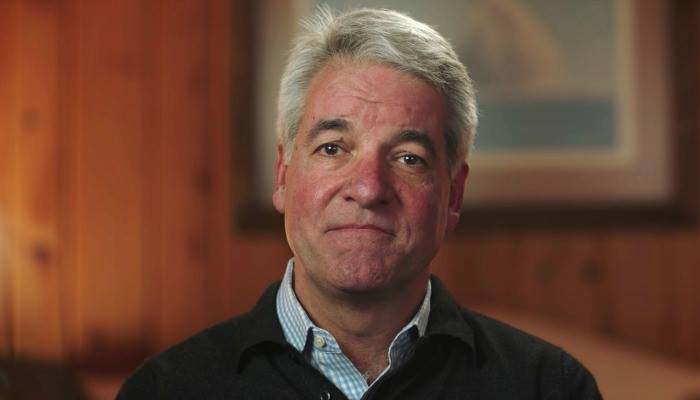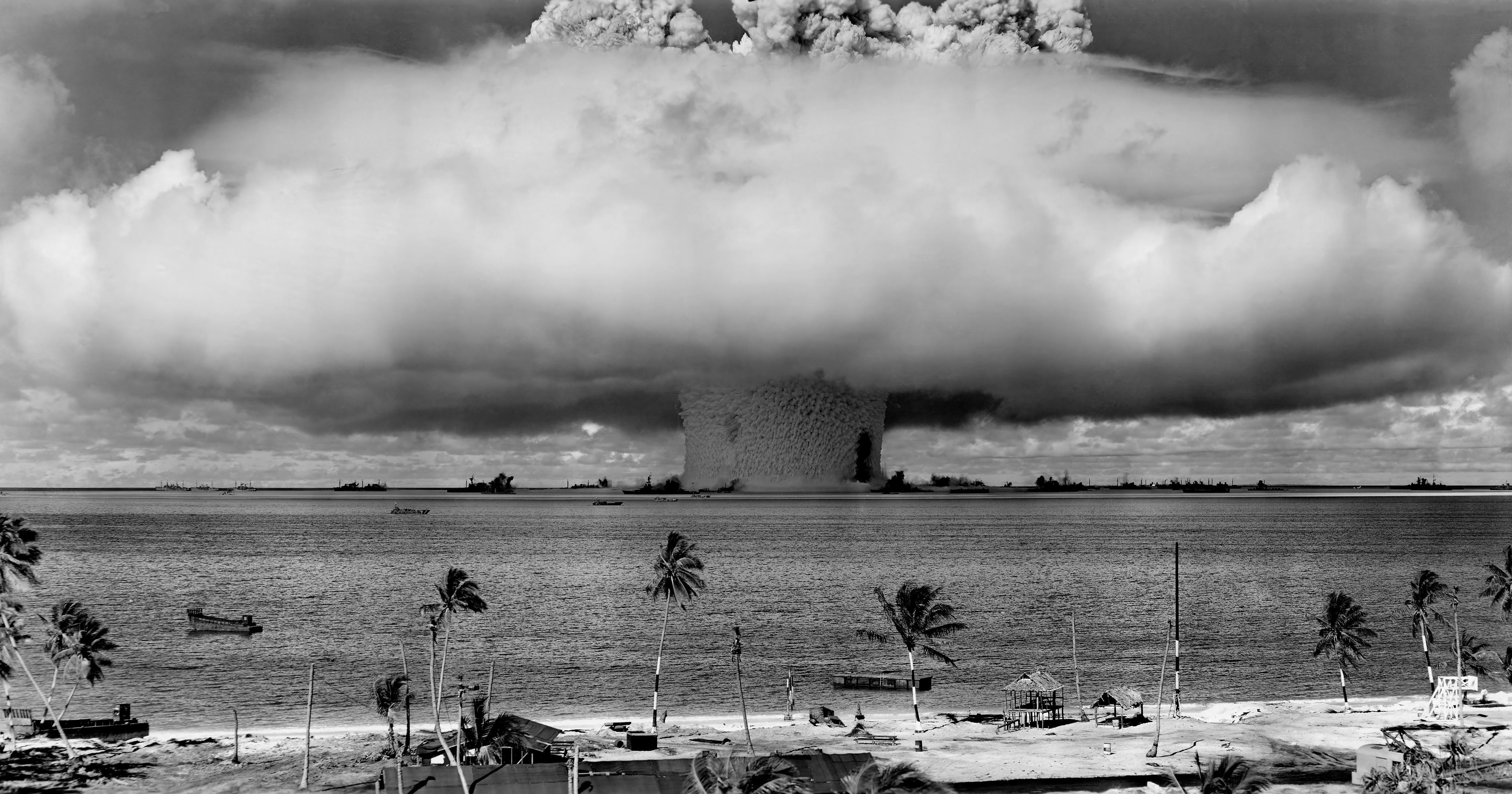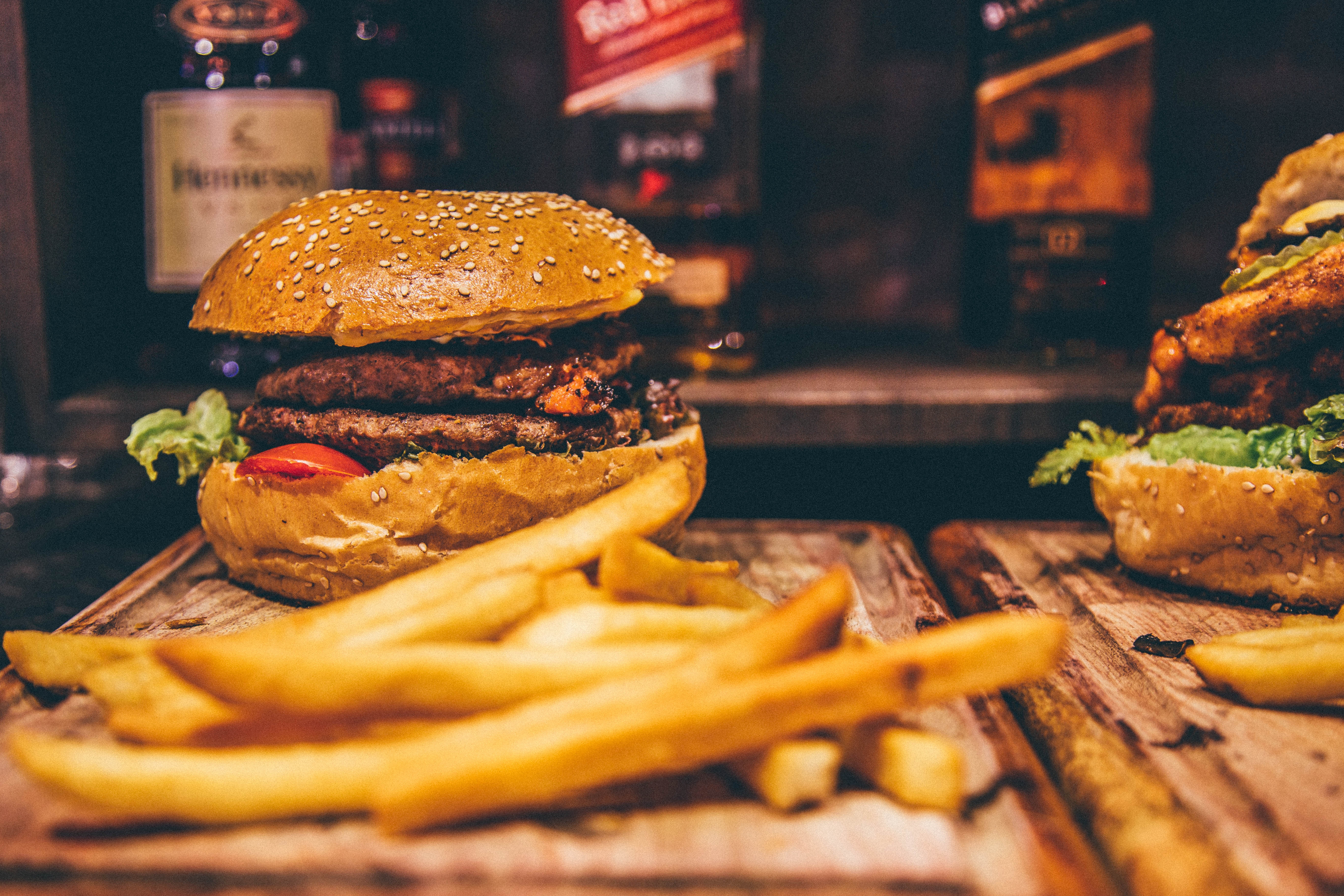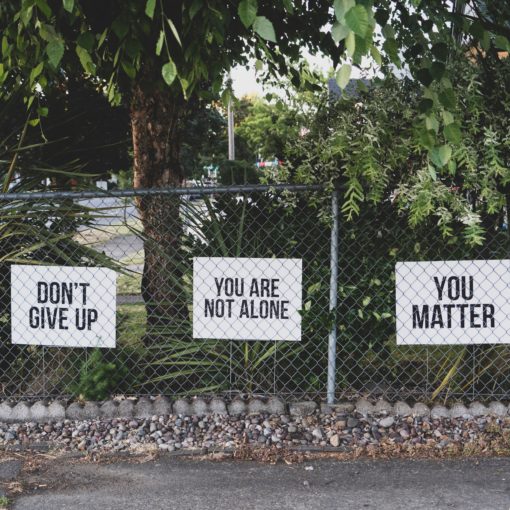Within the last few hours, it has been speculated that the United States Marshals will begin auctioning off merchandise in order to repay those affected by Billy McFarland’s flopped Fyre Festival. Similarly, at the time of writing, a GoFundMe account has raised almost $250,000 to repay MaryAnn Rolle-the Bahamian restaurant owner who was exploited by the organizers, and who suffered severe damages to her restaurant.
Since the premiere of the Netflix Documentary, many articles and op-ed pieces have appeared which critiqued the catastrophic failed festival. However, very few of them focused on the anti-Black damage done to my native peoples and our culture, and very few have focused on tourism and destination management as destructive machineries of colonialism. While there is a lot to be said about the mismanagement, and the fraud surrounding the Fyre Festival, there is something more important to discuss; and that remains the politics of tourism and the political economy of the white gaze.
It is important to note that making the Black body an object to be explored and desired, exploiting native peoples, disregarding land and natural resources, and having no genuine interest in our culture is not a new phenomenon; and the all familiar reality is this, the dangers of the white gaze has long existed outside the microcosm of the Fyre Festival.
While tourism accounts for almost 40% of the Bahamas’ GDP, it remains a dangerous colonial portal of escapism, which allows white bodies to journey to alternative realities and observe native cultures and do what they otherwise wont in other places.
Every day, hundreds of thousands of people land in the Bahamas and other countries within the Caribbean to get a piece of our sun, sand and sea and culture-at least that is what we tell ourselves. From the onset, it seems fair to assume that a vacation is just people trying to experience culture.
However, the problem exists within the colonial legacies of traveling to and from the colony. During the colonial period, European explorers would record trips to the colonies in travel diaries and send it back to the metropole as a testament of the ‘uncivility’ and ‘backwardness’ of the native peoples. You see, while tourism and everyday life belong to two different spheres, the tourist exists within both realities.
This is to say that while tourism exists within the world of the extraordinary (of owe and of wonder) and everyday life exists within the mundane, the tourist has both power and privilege to vacillate between the two-whenever she deems fit. In this way, the trope of tourism is dangerously guilty of blurring the lines between experiencing culture and observing and exploiting the non-western ‘other’.
In many ways, McFarland’s dream of constructing a world-class event, of almost all white people on the backs of poor and ready-to-work non-white native peoples, is complicit in what Tourism has always been guilty of; bringing people to the Bahamas to exploit people in the Bahamas.
Experiencing authentic culture was one of the last things that McFarland was interested in. His idealistic festival had no interest in showcasing Bahamian talent and his marketing campaign proved just that. Like McFarland though, there exists in the minds of many tourists, this luxurious super-reality with an endless availability of sex and drugs.
This hypersexualized and hyper-exotic ultra-reality was exactly what McFarland sold to the many western white people, ready to escape their structured lives for the idea of a tropicalized island in the sun. Let me be perfectly clear: the notion that the islands have no structure, no laws, and no cultural standards is not only appalling but it is an example of anti-Black white supremacy.
The need to ‘experience’ the native and fetishize and exploit her body is destructive to culture and it preserves the legacy of Empire’s distant other. While there is no right way to do tourism, the next time you desire to travel and ‘experience’ something new, consider how McFarland and so any others continue to exploit and exoticize peoples under the same trope of “experience.”
Shelby is an M.A. candidate in the Department of Politics exploring the intersections of race, gender, voluntourism and student gap year travel. He is a native of The Bahamas.





